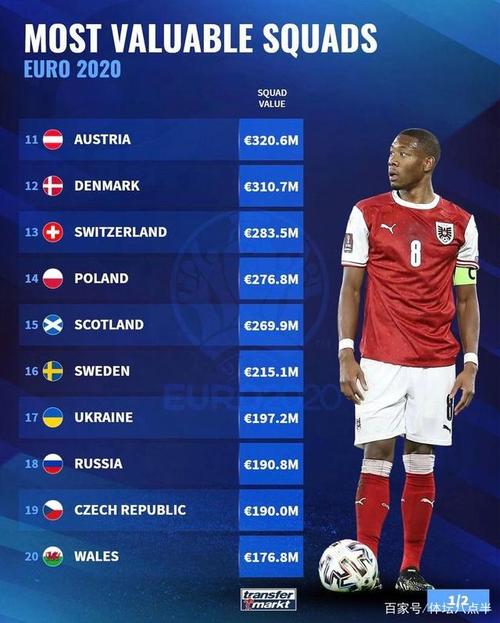
The historical performance of England and Germany in various aspects, particularly in sports, politics, and warfare, is a fascinating subject of comparison. This analysis delves into their respective histories, focusing on significant events and achievements.
*England*: Known for its rich football legacy, England's national team has had notable successes, including winning the FIFA World Cup in 1966. The English Premier League stands as one of the most prestigious football leagues globally, with clubs like Manchester United, Liverpool, and Arsenal boasting impressive records.
*Germany*: Germany's football history is equally illustrious, having won the FIFA World Cup four times (1954, 1974, 1990, 2014) and the UEFA European Championship three times (1972, 1980, 1996). The Bundesliga is renowned for its competitiveness, with clubs like Bayern Munich and Borussia Dortmund enjoying domestic and international acclaim.
*Recommendation*: Both nations should continue fostering youth development programs to sustain their footballing excellence.
*England*: As a dominant colonial power, England's influence shaped global politics for centuries. The British Empire spanned continents, leaving a lasting legacy in language, culture, and governance. The Magna Carta (1215) and the Glorious Revolution (1688) are pivotal moments in England's political evolution towards constitutional monarchy.
*Germany*: Germany's political trajectory is marked by transformative events like the unification of Germany in 1871 and the turbulent years of the World Wars. After World War II, West Germany emerged as an economic powerhouse and a key player in European integration, culminating in the formation of the European Union.
*Recommendation*: Both nations should continue promoting diplomacy and collaboration to address contemporary global challenges.
*England*: England's military history is characterized by conflicts such as the Hundred Years' War, the English Civil War, and World War II. The Battle of Britain (1940) stands out as a testament to English resilience against Nazi aggression, marking a pivotal moment in World War II.
*Germany*: Germany's military prowess, particularly during the two World Wars, is welldocumented. Despite defeat in World War I and the subsequent Treaty of Versailles, Germany reemerged as a formidable force under the Nazis. The Battle of Stalingrad (19421943) and the Normandy Invasion (1944) were crucial turning points in World War II.
*Recommendation*: Both nations should prioritize peacebuilding efforts and collective security measures to prevent future conflicts.
In summary, the historical performance of England and Germany reflects their multifaceted contributions to sports, politics, and warfare. While each nation has its distinct achievements and challenges, there are valuable lessons to be learned from their shared history. By embracing cooperation and mutual respect, England and Germany can contribute to a more prosperous and peaceful world.
This HTML document provides a comprehensive analysis of the historical performance of England and Germany across various domains, offering insights and recommendations for future endeavors.
